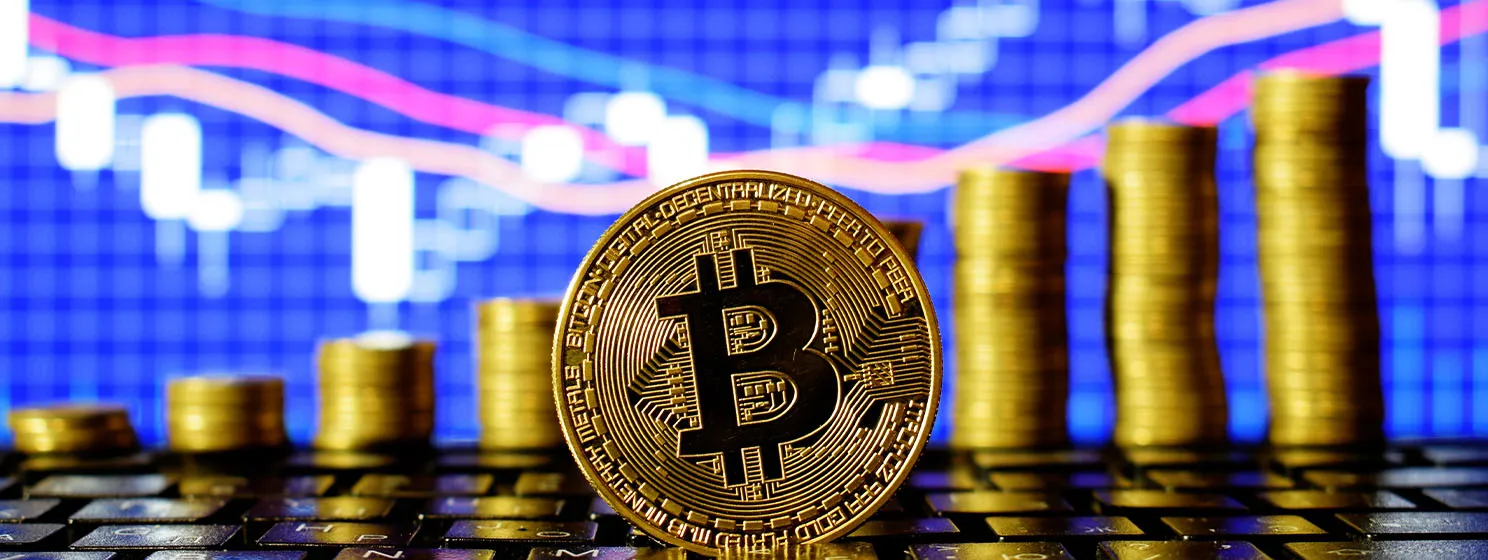|
Getting your Trinity Audio player ready...
|
Nigeria plans to amend its taxation laws to target digital assets as the sector continues to grow despite a massive crackdown in 2024.
The Securities and Exchange Commission (SEC) is leading the push to tax digital asset transactions and expects lawmakers to pass the new laws by the end of March.
A proposed bill that sits in parliament “will ensure that all eligible transactions on regulated exchanges are brought into the formal tax net,” the agency told Bloomberg.
Nigeria implemented a new licensing framework for digital asset exchanges in 2024, and currently, only two exchanges have received in-principle approval to serve Nigerians: Busha and Quidax. The SEC has also admitted four others into its incubation program to test their business models under its watch.
The agency believes taxing digital assets will yield a “substantial amount of tax revenue,” although it declined to state its target income.
For context, Kenya collected $78 million in taxes in the 2023-24 financial year from 384 digital asset dealers, according to the country’s taxman. With Nigeria’s digital asset market substantially bigger than its East African counterpart’s, it could generate much higher revenue.President Bola Tinubu’s government has set an ambitious target of 25 trillion naira ($16.6 billion) in federal taxes for 2025 after exceeding its target last year. Beyond taxes, the SEC says it intends to expand the scope of its VASP licensing to include more firms this year. In 2024, a spirited crackdown on offshore exchanges led to the shutdown of global leaders like KuCoin, Coinbase (NASDAQ: COIN) and Binance in Nigeria. While traders opted for these global exchanges for their lower fees, the SEC believes that, in time, they will transition to regulated exchanges.
“We anticipate gradual traction toward centralized exchanges because they will provide greater protections and comfort for investors,” it stated.
The SEC is one of several regulators in Africa rushing to regulate digital assets as the industry continues to grow across the continent. According to Chris Maurice, the CEO of pan-African exchange Yellow Card, this urgency has been elevated by the election of Donald Trump in the United States.
“This gives us more confidence that over the next year or so, you’re going to see sweeping regulatory change across the African continent,” he stated.
Watch: Blockchain is changing Nigeria’s tech city ecosystem

 07-04-2025
07-04-2025 





